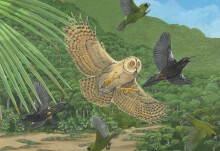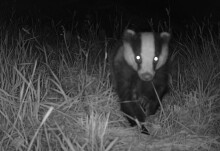

Bird biodiversity
True global impact of human-driven bird extinctions far greater than expected
The ongoing loss of bird species is likely to have severe knock-on effects as their unique roles in ecosystems are not fulfilled, shows a new study.



 1
1








